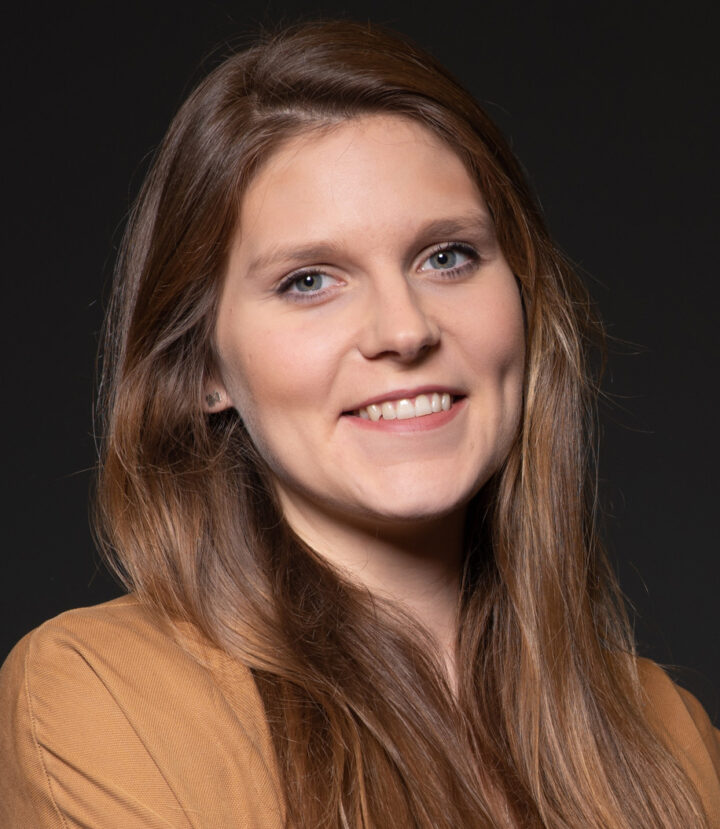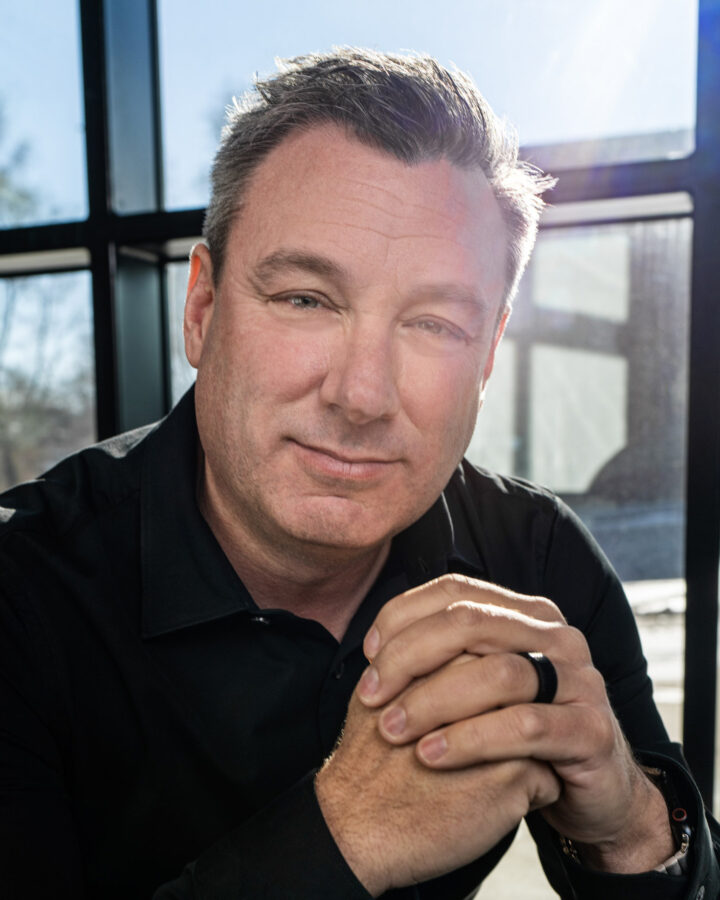
Interview with Mark Reisz, CEO of Media Info Groep, a Dutch media monitoring company.
Hi Mark, what is your background, and what is your current role at Media Info Groep?
I joined Media Info Groep as a full-time employee right after getting my degree in Business Economics from Erasmus University. I was a second-generation employee in our family business, of which I took full control in the late 90’s.
Currently, I am responsible for all the companies in the group in Almere and Jakarta, especially making sure that all short and long term goals are met. Together with the managers of the various departments, I set the strategic goals. I also take part in the development process of various software solutions.
Having served as CEO for Media Info Groep for over 20 years, what are you most proud of?
I’m most proud of our transition from a traditional MMO where everything was done manually to a fully automated production process where people are still important for selection.
The acquisition of three competitors in the Dutch market is another proud moment that proved that our decision to focus on our quality of services was the right choice. Ever since that moment, focusing on quality has been one of our top priorities.
Additionally, our ability to adapt to the ever-changing market needs and requirements makes us proud.
What has been the most challenging time for Media Info Groep, and why?
We have faced and continue to face many challenges in our history, which spans over 100 years. Recent economic crises were challenging, and the current COVID-19 crisis put additional strain on the production process. However, due to our established processes, we were able to let all our employees in Almere and Jakarta work from home without any disruptions.
Another challenging time we faced was the introduction of copyright fees in the early 2000’s. Customers were reluctant to adhere to the new situation, and we were faced with a high decline in our customer base. Over the years, clients have come to understand the reasons for copyright fees, and the situation is back to normal.
In conclusion, we can say that this millennium has brought with it the greatest challenges so far. Keeping up with all the technological challenges makes life very interesting.
What differs Media Info Groep from other media monitoring companies in the Netherlands?
Media Info Groep is the only true MMO in the Netherlands. We have all the sources in house - we process all the papers (PDFs), gather web content, monitor radio and television, and do our own social media monitoring. Other MMOs only focus on web or social and buy the other sources from us.
Furthermore, we differ from other MMOs because we have actual people choosing the final selections for articles. The search engine does the initial selection, but those results are narrowed down by people before being shown to the customer. Therefore, we can make much better selections than those done automatically; even using sophisticated search engines can’t beat the human mind at this time.
What are the greatest challenges ahead for Media Info Groep when it comes to offering your customers analysis and developing your offer?
The main challenge is getting the customers to understand their own needs and requirements. Media analysis is not an on the shelf product, it’s custom made for every individual customer. AMEC’s frameworks help guide the customer in this journey and quickly sets the requirements. In the end, there is the final challenge to match the offer to the budget, which is probably the biggest challenge in the process.
Have you recently, or do you plan to, release any new technology-based solutions that will add to or improve the services you offer your clients?
We are constantly introducing new offers for our customers. Recently, we added logo detection and voice recognition to our portfolio of solutions.
Although our customers don’t always actually see the work we do to improve our offerings, they certainly notice our constant progress and appreciate the improvements in our processes, which allows us to provide better services in less time.
From your experience, is there a particular case you can share where media intelligence truly made a crucial difference for a client’s business?
I cannot get into specifics on an individual client basis, but we know that media intelligence has made significant differences for customers’ businesses many times over.
For example, a car manufacturer was promoting a particular model as the ideal car for women; however, after the analysis of all the media coverage, it turned out that there was only attention focused on performance and handling aspects in the media, which are typically topics not interesting to most women.
Media intelligence has also led a major bank to reconsider its position as a sponsor of a major sports team as a result of the findings of our analysis. It turned out that there was a mismatch between the values of the bank and the values of the sport.
With the current situation regarding the coronavirus, what would you advise your clients in regards to getting the most benefit from media monitoring?
The pandemic doesn’t change a thing about getting the most out of media monitoring. The most noticeable change is the way people get their news - Dutch publishers currently see a spike in the number of online subscribers.
In what ways has the coronavirus affected your business?
Our top priority was to keep all our employees safe and healthy. Without any disruption to our production process, we managed to get our entire team to work from home within a few days.
Unfortunately, several customers needed to terminate our services because they faced turnovers due to all the restrictive measures in the Netherlands. On the other hand, we have gained new pharmaceutical and medical customers. Overall, we see a decrease in sales, but we are still standing strong and have no need for government support.
Publishers are also hit hard by the crisis, and we see a steady decline in the number of pages and articles disseminated.
How do you think the media monitoring industry will change in the next 5 years; and what are the greatest challenges ahead?
Media monitoring will become more and more dependent on new technologies. As more sources become available, the need for professional media monitoring will increase. The next generation of challenges is already looming - face, logo and voice recognition are just a few of them. Google and Apple are already offering services in this field, but to transition this into a viable product for large-scale demand causes many sleepless nights for our developers.
By Renata Ilitsky


